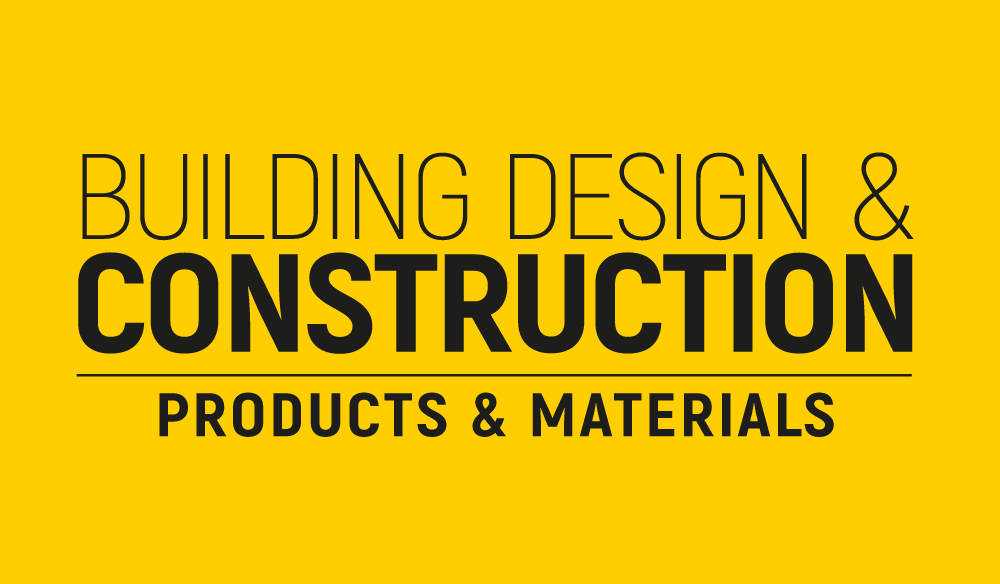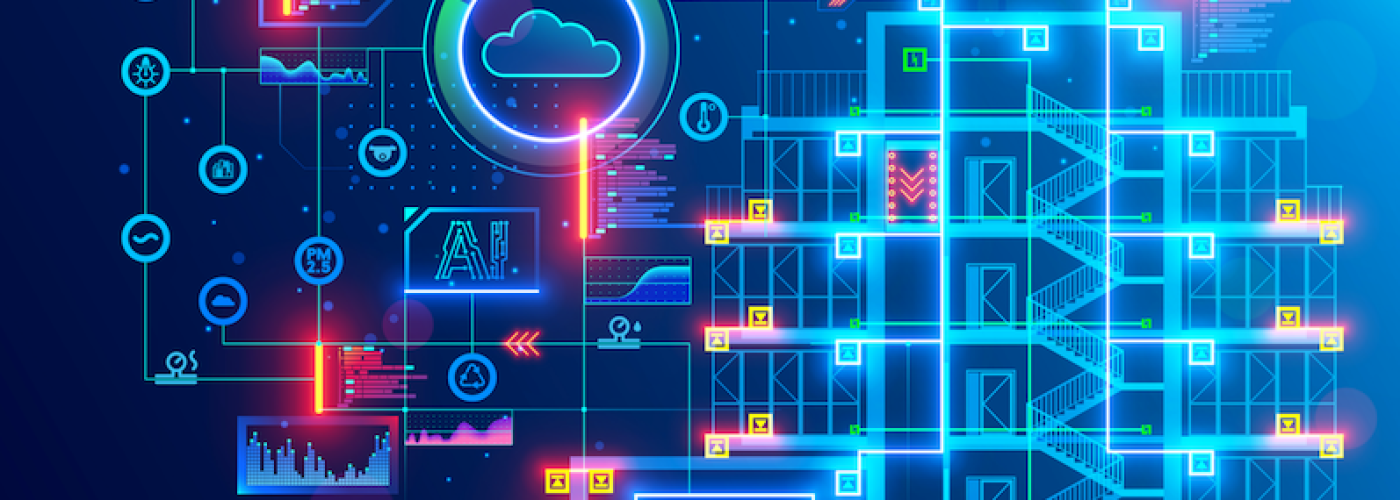Schneider Electric, the leader in digital transformation of energy management and automation, welcomes the new ‘Matter’ connectivity standard, which it will begin adopting across its connected home and buildings portfolio.
Schneider Electric, recognized by Corporate Knights as the world’s most sustainable corporation, is one of the 180 most innovative companies within the Connectivity Standards Alliance (CSA) that have contributed to the creation and testing of the new Matter standard. The industry-unifying standard builds upon market-proven technologies and best practices. It aims to simplify connected experiences and provide greater interoperability in smart homes and buildings. Schneider is consistently among the top three certifiers of CSA products, therefore well positioned to adopt the new standard.
The new open-source, unified connectivity protocol, Matter, previously named CHIP (Connected Home over IP), will be applicable to many smart home and building solutions including lighting, locks, speakers, HVAC controls, security systems, and routers. With Matter, instead of being limited to only those products that work with the smart system already in place, homes and businesses will now have the choice to integrate the new Matter certified devices that best fit their needs, regardless of brand.
Matter is built using IP, the native network technology of the internet and backed by major ecosystem providers. Products with the Matter mark will deliver improved cyber security, native cloud connectivity and device interoperability to consumers, manufacturers, product designers and developers alike. Additionally, with standard definitions for device models, and lifecycle events such as provisioning/onboarding, removal, error recovery, and software update, developers can also be more confident in the consistency and quality of their users’ experiences across ecosystems.
Putting consumers in the driving seat in the race to net zero
However, longer-term benefits don’t end there. It is estimated that electricity demand will double by 2040 if we follow the same trajectory. As digitalization becomes the norm, we are also witnessing an increased desire to produce and use more renewable energy. This is coupled with increasing regulatory pressure to make cooking, heating and car charging fully electric. Electricity is the most efficient form of energy and the best vector for decarbonization. When paired with digital, it also offers unrivalled potential to eliminate energy waste.
With increased interoperability of the IoT connected devices in the smart home ecosystem, homeowners and builders can create homes of tomorrow with a flexible, future-proof architecture that leverages Matter-connected devices across ecosystems to gain reliable, consolidated and secure visibility of energy consumption. This visibility, coupled with the help of AI-enabled and software-driven smart energy management solutions, puts consumers in the driving seat when it comes to how energy in the home is produced, stored, distributed and consumed. It can also enable the smart home system to prioritize green energy, ensuring power-hungry appliances and devices, such as Electric Vehicles (EVs), consume most of their energy from solar or decarbonized energy sources in the home. This is yet another way for the consumer and the planet to benefit from this initiative.
Bruno Zerbib, Chief Technology and Digital Officer at Schneider Electric, says: “As the World’s Most Sustainable Corporation recognized by Corporate Knights, it is our firm belief that the path to a net-zero future is both electric and digital. With software-based smart energy management solutions, our customers can accelerate their journey towards sustainable net zero homes and buildings of the future.
“Using open, global standards is essential to achieve digital transformation. Organizations like the Connectivity Standards Alliance are key to creating such standards and we are delighted to partner with other industry leaders to develop IP-based standards, like Matter, that will increase IoT device interoperability in connected smart building ecosystems.”
Open-source standards shouldn’t be limited to smart homes and buildings
Schneider Electric is strong advocate of open-source standards. Matter offers adopters and developers a number of benefits, including faster time to market (by leveraging an implementation of the spec), improved quality (as code is tested early and often), and more robust security (as the full development community has transparency to identify and commit patches). Beyond homes and buildings, Schneider Electric has recently pioneered an open-source portable standard for industries of the future, calling for widespread adoption of universal automation.
Schneider Electric is fully committed to long-term compatibility with its legacy platforms, whilst continually innovating and collaborating with visionary partners like CSA to ensure customers have a smart, connected, sustainable future.





